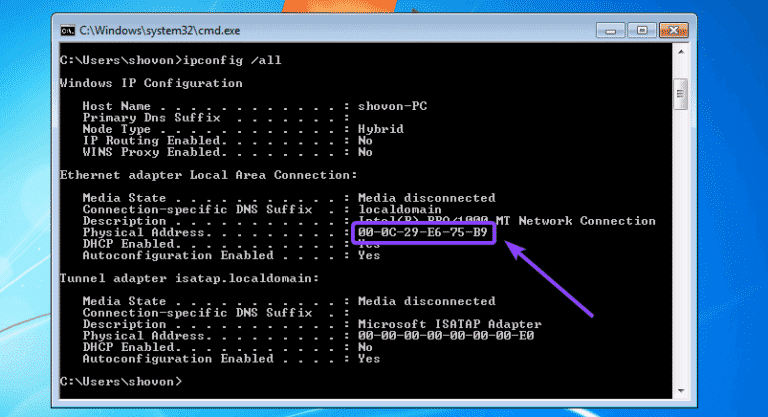

Install a DNS server on Raspberry Pi The software choice There are probably other advantages, and maybe some cons.īut if you are a Linux expert, this is easily manageable. For example, if I want to redirect .local to my media center Raspberry Pi it’s possible.

Custom records: With a DNS server at home you can create your records in the DNS server.By having DNS servers on your network, you also keep the control on this. Stability: Even with using well known DNS servers, you can lose your Internet connection if the servers you’re using are down or too slow.By keeping the control on the DNS service, you keep this private (most of the time). Keep your browsing safe: When you use your provider’s DNS servers, or the Google ones, you are allowing them to know any website you visit on the Internet.With a DNS server on your network, using a caching system, most of the requests can be answered directly. Speed up your Internet browsing: On the tree above, each time the request goes to the next DNS server, there is an additional time to wait.There are four reasons why you need a DNS server inside your network:

Why do you need to install a DNS server in your local network? We call the node at the top a root server, and it has the answer for any requests with an existing domain name.Įach request starts at the bottom and climbs the tree every time a DNS server doesn’t have the answer. In this schema, your Raspberry Pi will be at the bottom of the tree, and each circle is another DNS server.


 0 kommentar(er)
0 kommentar(er)
